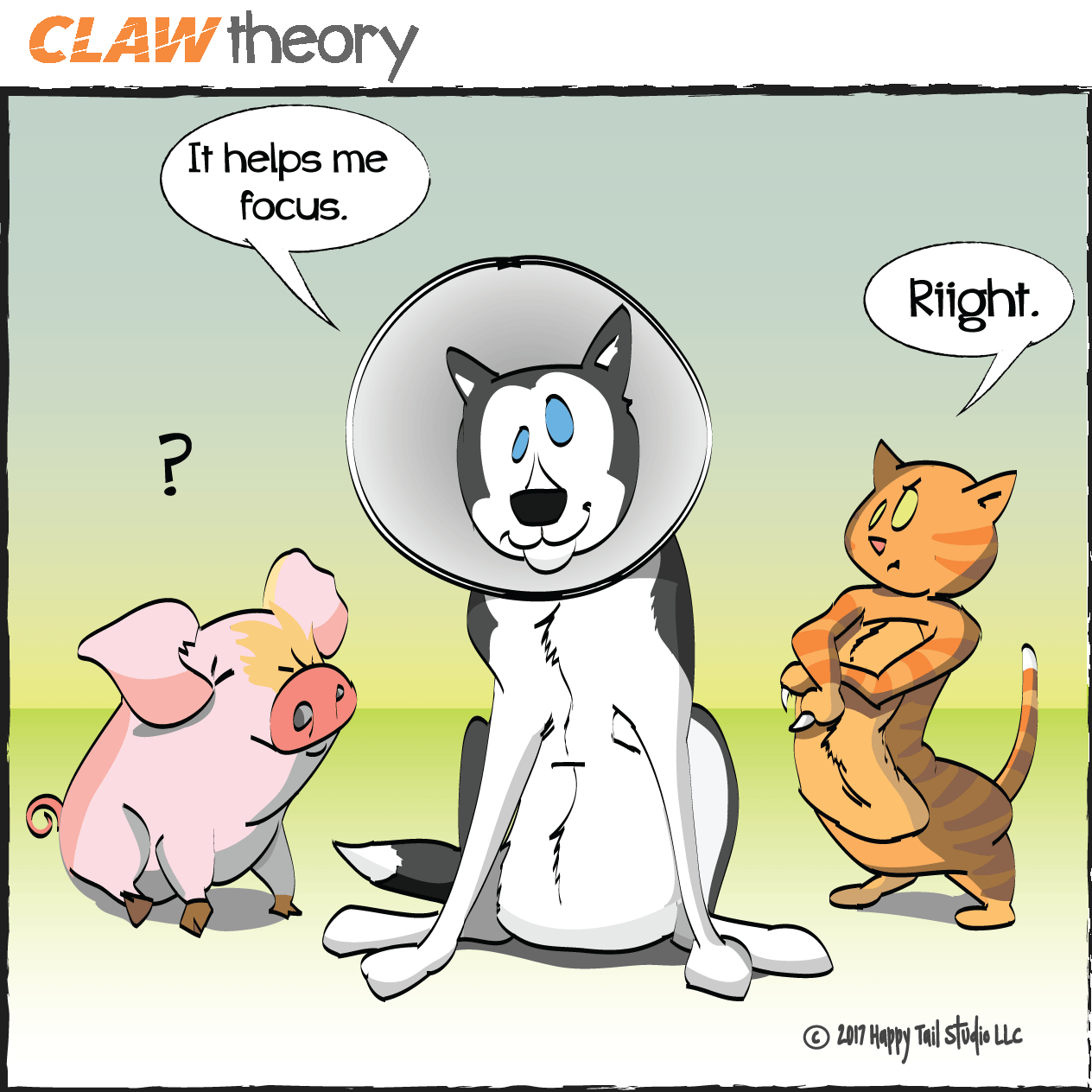Worth a Thousand Words
Long after the 17th century French philosopher Descartes’ suggested animals were little more than mindless machines, the debate has continued about animals’ mental abilities. Like consciousness or sentience, a capacity for thought and reasoning remains a significant criteria considered for elevated moral status and personhood. Clearly, a dog may not be able to plan for the future or indicate why s/he prefers one treat over another, but s/he is also obviously very different from a carrot, tree, or pebble, or a remote control car.
Despite decades of research demonstrate animal cognition at various levels across diverse species: from task oriented pigs to tool making crows making. On both sides of the debate, it turns out that often, when a level thought is proven, the criteria are changed, methods are questioned, or a study is dismissed. Thinking beasts may be out there, but that doesn’t mean they’re met with welcome curiosity, so the debate continues. Associated with language (not just communication) and belief, a capacity for thinking about thinking is also often associated with cognition, which indicates a high level of abstraction and complex thought. Perhaps the best arguments manage to prove one thing: thinking is an ambiguous skill to measure.
Yet moral consideration is not dependent on exhibitions of complex thought for humans, which suggests the importance of such hardline distinctions are blurry at best. In a way, the increasingly common recognition of animals’ various abilities, emotions, and sentience, one wonders, does it matter if they think precisely the way people do? At what level of abstraction does harm become acceptable when it comes to animal welfare, agricultural or scientific research practices, or food choices? Utlimately if humans are rational, when does knowledge begin to influence decisions toward change?


